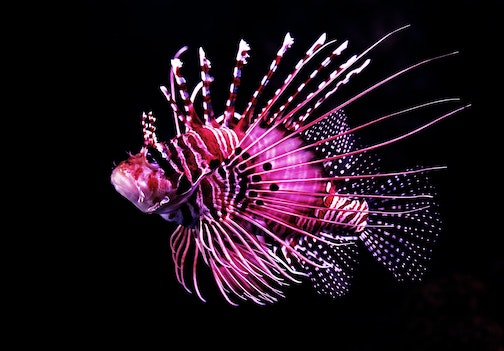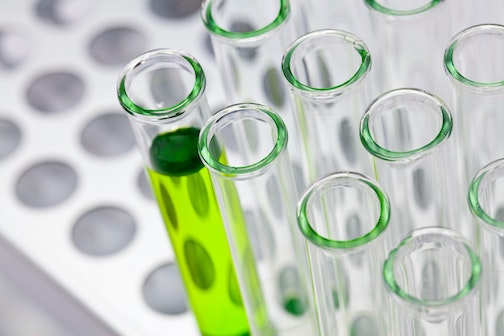Toxin vs. Toxicant (as in toxic substance). The difference is REAL and IMPORTANT.
A toxin is a biological poison, produced by a plant, animal, or bacteria. Snake or fish venom is an example of a toxin. The term “biotoxin” is sometimes used to explicitly confirm the biological origin.
A toxicant is a synthetic, man-made toxic chemical. Industrial waste products and pesticides are examples of toxicants.
Mis-use: When used in a non-technical context, the term “toxin” is often applied to ANY toxic substance, even though the term “toxicant” would be more appropriate.
I have to admit I have been guilty of mis-use of the term “toxin” – probably in several instances throughout this blog – and I am taking steps to correct my errors.
Accuracy is IMPORTANT, for as Dr. Max Liboiron points out:
Toxicants are significantly different from toxins not only because of their synthetic origins, but also because of their mass tonnage, wide economic production and distribution processes, compositional heterogeneity, and increasing ubiquity in homes, bodies, and environments…
These differences between toxins and toxicants is not a matter of degree, but of kind. They are two different kinds of things. Even minerals that occur underground like arsenic or are produced by plankton such as methyl mercury are now created at unprecedented scales and intensities via mining, hydroelectric dams, and other industrial processes that they are more aligned with industrial scales, processes, and politics than natural ones. The large-scale mercury poisoning in Minamata, Japan, or Grassy Narrows, Canada are impossible for naturally occurring toxins.
Join NaturalUpholstery.com’s mailing list to receive our monthly newsletter featuring news from the upholstery community, plus tips, creative inspiration, and resources for healthy upholstery.
Dr. Max Liboiron quote from Discard Studies
Some info from Wikipedia


Leave A Comment